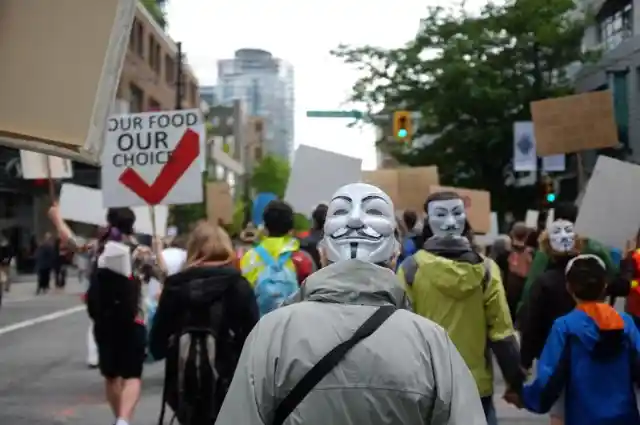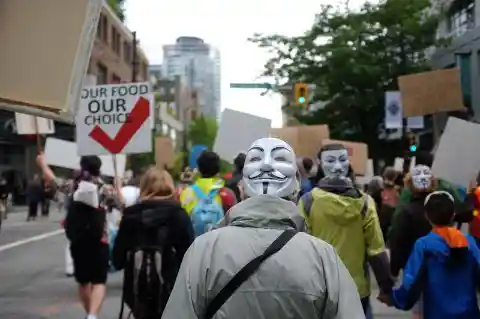For years, the usage of additives in our cooking has been a talking point. Many see the benefits, while others see it as a needless risk that could put people in danger. This is why today many countries have placed big-level bans on certain additives. Some of the most famous and enjoyable foods in America, for example, would be illegal to eat in other countries. What are some examples of banned additives abroad?


Potassium bromate
Potassium bromate is commonly added to bread and crackers to help make the dough stronger and ensure that it rises higher. It also gives the bread a softer and fluffier texture. More worryingly, though, is the fact that it is a known carcinogen meaning that we really should not be using it in our foods. While perfectly legal to eat in America, it carries a warning label with good reason, so keep this in mind.


rBGH
This might sound like a color setting for your TV, but it is commonly used in our foods. It is used in dairy products and stands for ‘recombinant bovine growth hormone – it is banned in more or less all of Europe and it has been banned in Canada, too. The FDA, though, has allowed it to be used since the 1990s. It helps to increase milk output from the crowd, but it is potentially risky for our bodies and thus many people look to avoid using it.
BVO
Bromated vegetable oil is used in many products, and is commonly mixed with citrus products. It has been slowly but surely eliminated in things like soft drinks, but it is still used in many major soft drink brands such as Mountain Dew. This popular additive is something that is not used in many parts of the world and is banned across the European Union and in many parts of Asia including Japan.
Additives are commonly used in the culinary and liquid world, but they are banned for a reason in some parts of the world. If you continue to use products that contain these additives, you will likely see more and more warning labels on the food that you eat.